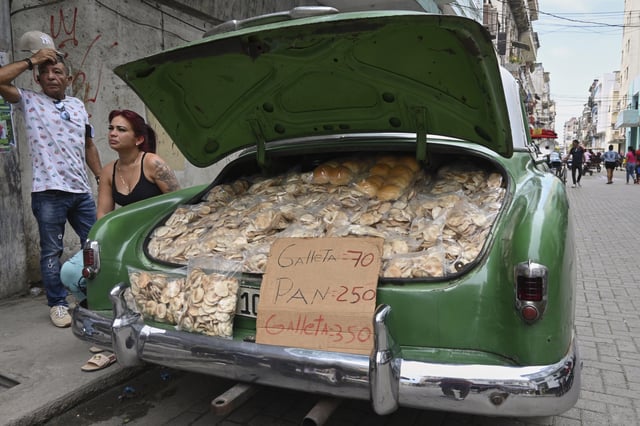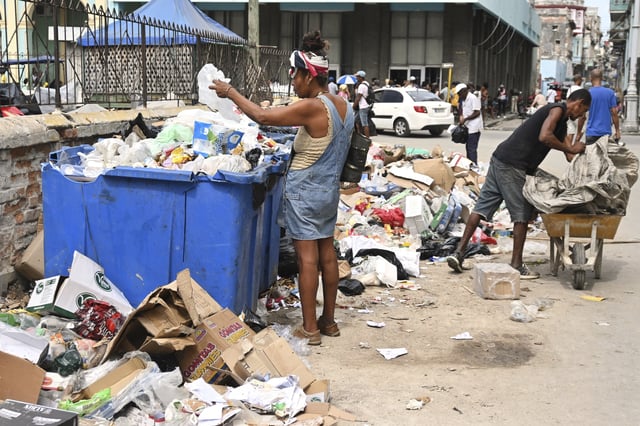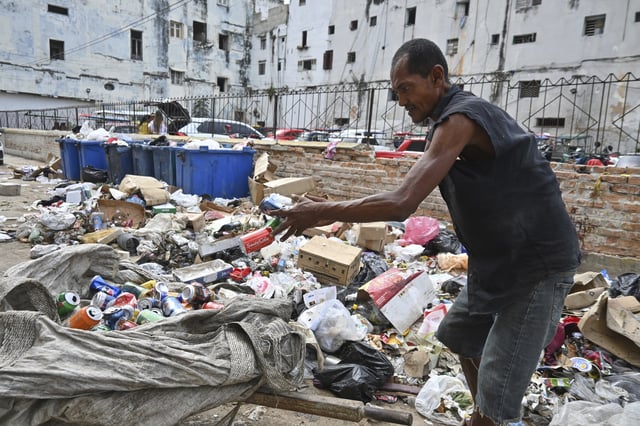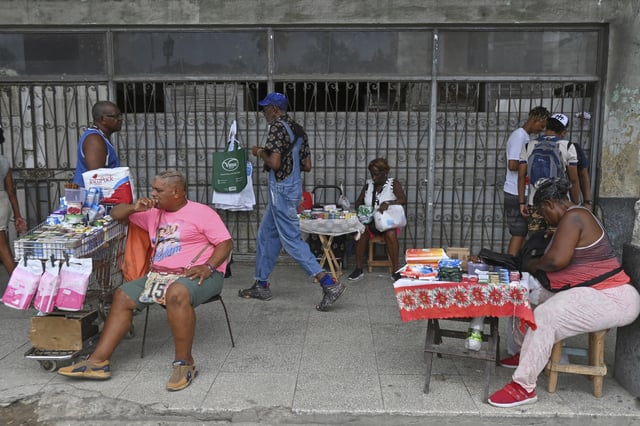Overview
- On July 15, Labor Minister Marta Elena Feitó declared in parliament that “in Cuba, there are no beggars,” dismissing street poverty as a disguise and triggering widespread public outrage.
- President Miguel Díaz-Canel publicly rebuked her comments as insensitive and said visible begging is a clear sign of the country’s social inequalities.
- Feitó acknowledged her error and submitted her resignation on July 16, which was formally accepted by Cuba’s Presidency.
- Official figures showed the economy contracted by 1.1 percent in 2024 after a 1.9 percent decline in 2023, marking the second straight year of shrinkage.
- Cuba continues to endure shortages of food, medicine and fuel, daily power outages and pensions that fail to cover basic living costs.



